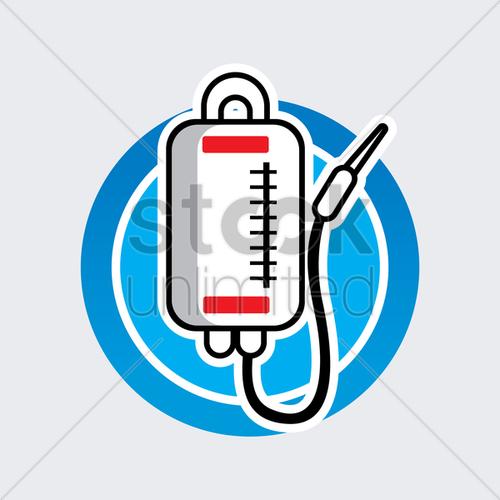Preventing high blood lipids in the elderly involves multiple aspects, including adjusting lifestyle habits and optimizing dietary structure. First, encourage the elderly to reduce or quit smoking and alcohol consumption habits, as these behaviors can negatively affect blood lipid levels. Drinking tea is recommended as a healthier alternative, as it helps promote fat metabolism and assists in lowering blood lipids.
Secondly, optimizing lifestyle is equally important for maintaining blood lipid balance. Elderly individuals should make good use of their leisure time to participate in sports and cultural activities, maintain a cheerful mood, avoid depression and excessive fatigue, in order to promote physical and mental health.
In terms of diet, controlling total calorie intake is crucial. It is suggested to adopt a balanced dietary structure, such as having a suitable amount of staple foods, meat, and plenty of vegetables in each meal, to ensure comprehensive nutrition without excess energy.
Emphasis is placed on a low-fat, low-cholesterol diet, limiting the consumption of animal fats and cholesterol. It is recommended to use plant oils rich in unsaturated fatty acids such as soybean oil, peanut oil, or corn oil for cooking. Additionally, egg intake should also be moderately controlled.
The consumption of high-fiber foods is beneficial for reducing serum cholesterol levels, commonly found in whole grains, coarse grains, legumes, vegetables, and fruits, with a daily recommended intake of 35 to 45 grams of dietary fiber.
Abnormal blood lipids may lead to various health problems, such as atherosclerosis and related heart diseases, increased risk of stroke; and are also associated with the occurrence of tumors, gallstones, fatty liver, and metabolic syndromes, highlighting the importance of controlling blood lipids.
For individuals with high blood lipids, it is recommended to consume foods that have lipid-lowering effects, such as bitter melon, chili peppers, corn, and oats. Bitter melon contains bitter melon saponins that help regulate blood sugar and improve blood lipids; chili peppers are rich in vitamins, which not only enhance vascular elasticity but also promote fat metabolism; while corn and oats are beneficial for lowering cholesterol due to their rich unsaturated fatty acids, vitamin E, and other beneficial components.
In conclusion, by adjusting lifestyle and dietary habits as mentioned above, the elderly can effectively prevent high blood lipids and maintain cardiovascular health.


